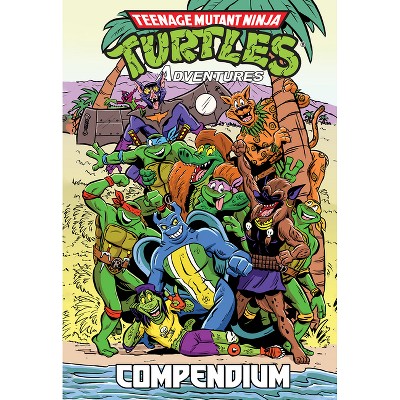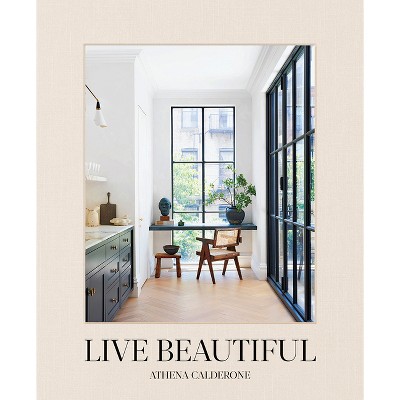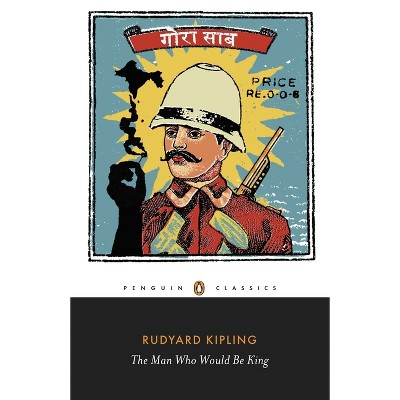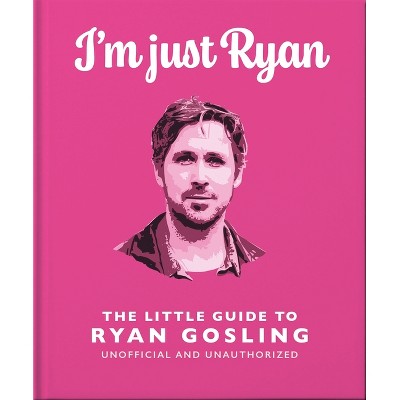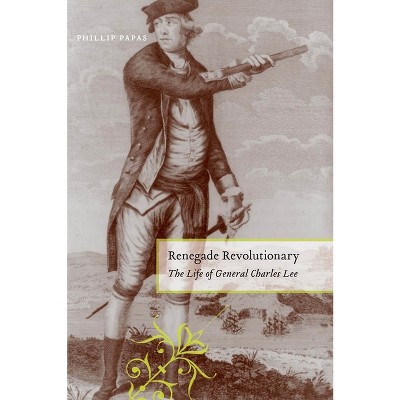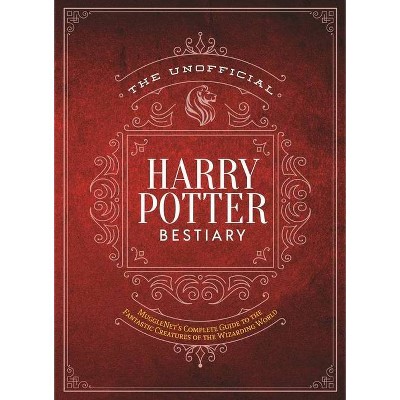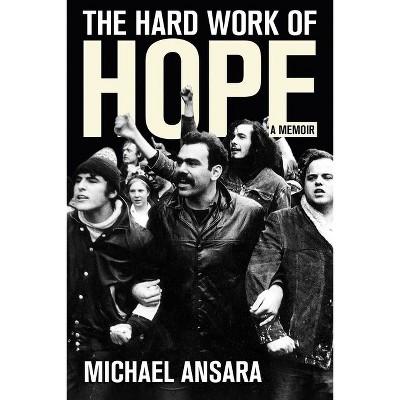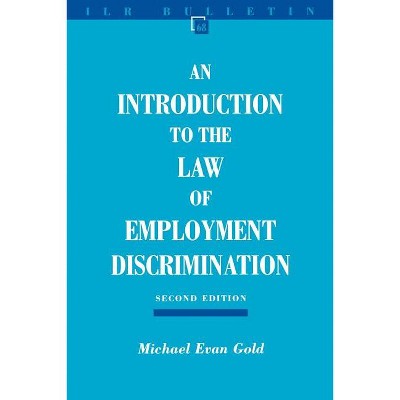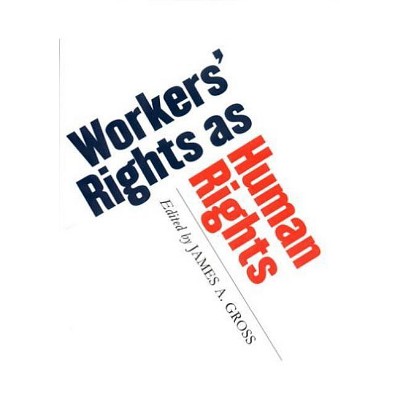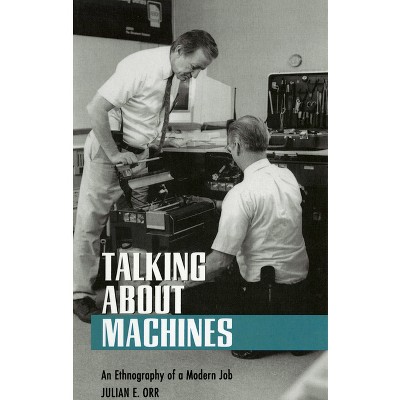Sponsored

Staged Action - by Lee Papa
In Stock
Sponsored
About this item
Highlights
- With this anthology of six plays, Lee Papa reintroduces readers and performers to a largely forgotten American theatrical genre from the 1920s and 1930s, the workers' theatre movement.
- About the Author: Lee Papa is Assistant Professor of Drama Studies in the Department of English at the College of Staten Island/CUNY.
- 304 Pages
- Performing Arts, Theater
Description
About the Book
With this anthology of six plays, Lee Papa reintroduces readers and performers to a largely forgotten American theatrical genre from the 1920s and 1930s, the workers' theatre movement.
Book Synopsis
With this anthology of six plays, Lee Papa reintroduces readers and performers to a largely forgotten American theatrical genre from the 1920s and 1930s, the workers' theatre movement. In an introduction that gives background on the workers' theatre movement and traces its influence on American drama, from David Mamet and August Wilson to the work of Anna Deavere Smith and Vermont's Bread and Puppet Theatre, Papa explains the criteria for his selection of plays. Papa's section introductions provide historical, cultural, and literary context for each of the plays.The first two plays in the anthology--Processional by John Howard Lawson and Upton Sinclair's Singing Jailbirds--reflect the large-scale arrests of strikers and union organizers during and after World War I. The next two plays were produced at labor colleges. Bonchi Friedman's 1926 play, The Miners, combines expressionism and realism in a drama about a violent strike that has an unusual female union leader as its hero. In Mill Shadows by Tom Tippett, a town changes from a simple industrial village into a place of rebellion and eventually a union community.The last two plays are representative of those produced by the International Ladies Garment Workers Union. In contrast to Irwin Swerdlow's one-act agitprop In Union There Is Strength, the musical revue Pins and Needles--until Oklahoma the longest-running musical on Broadway--is a collection of satirical sketches that parodies workers' theatre while simultaneously taking on serious issues like the treatment of blue- and white-collar workers and the rise of fascism overseas.
Review Quotes
Lee Papa provides a useful resource for labor educators and artists with this book. Dividing it into several sections, he frames key periods in US workers' theater with historical commentary and introduces six scripts chosen from the nearly one hundred in his collection.... Papa gives very clear reasons for how he made his selections. He wants to expose us to labor plays that are hard to find, reached a lot of people, hit a higher artistic mark than most, and are still relevant today.... In labor history classes, for example, reading the plays could bring the material to life and explore the connection between art and social movements.
--Bill Shields "Labor Studies Journal"The plays in Staged Action are a reminder of the high stakes of labor organizing in an era when the violent suppression of unions was commonplace. Five of the six plays are haunted by death and guns. The Ku Klux Klan shows up in some of these works, too, as menace or as grotesque comic relief or both. The plays are also full of song; it is the glue that binds together the communities represented onstage and instill hope in the characters that inhabit them.... Staged Action.... rescues a valuable part of the cultural history of the left. It suggests that when our writers and artists with a popular audience do wake once again--after a three-decade slumber--to the drama of labor and its struggles to organize in the face of powerful force, there are resources from which they may draw inspiration.
--Richard Byrne "The American Prospect"About the Author
Lee Papa is Assistant Professor of Drama Studies in the Department of English at the College of Staten Island/CUNY. He is also the political blogger known as the The Rude Pundit, and the blog has tens of thousands of weekly readers.
